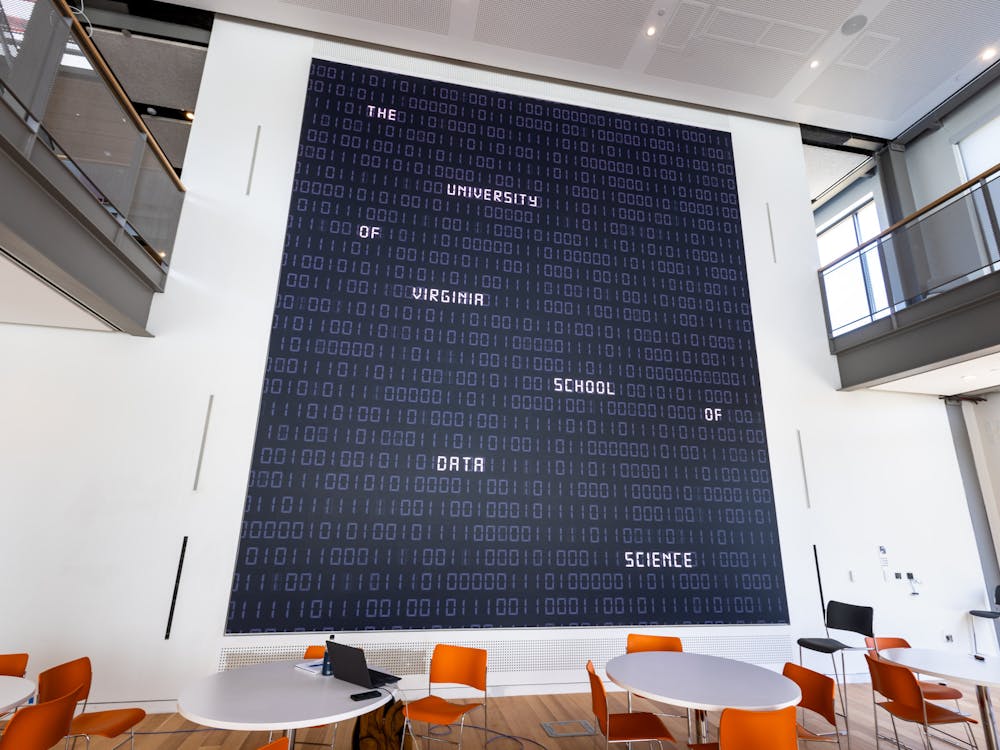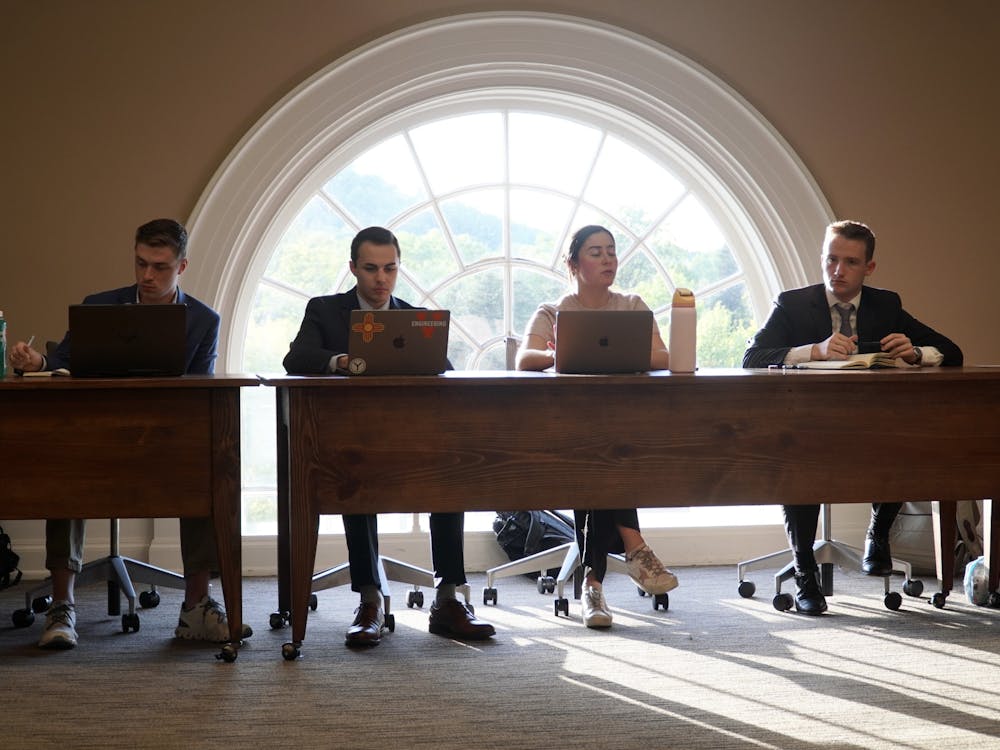The Center for International Studies hosted a panel Tuesday evening called, “Whatever Happened to the Arab Spring?”, featuring six officials, including Politics Prof. William Quandt.
“There was the feeling that this was a momentous occasion for change in the Middle East,” Prof. Quandt said. “Today, as I scan the headlines of newspapers, it seems that that view has changed … ‘whatever happened in the Arab Spring’ is a fair question.”
Ahmad Masa’deh, University alumnus and former secretary general of the Union for the Mediterranean, said he thought “Arab Political Awakening” would be a more apt term for the recent political unrest in the region. He focused on the struggle in the Arab world to create responsive governments.
“There is … a chronic failure by the Arab autocratic regimes to create democratic regimes in their countries,” Masa’deh said. “This reason led people to flock to the streets to go for economic prosperity and to receive their political freedoms.”
Nathan Brown, professor of politics and international affairs at George Washington University and founder of the Project of Middle East Democracy, said Egypt, an important force in the subsequent revolutions in the region, was an example of how the rebirth of political awareness can instigate change.
“In the 1990s and 2000s, in a way that wasn’t visible outside the country, you saw Egyptians from all crosses of life begin to talk about politics,” Brown said. “What the critique boiled down to was the following: There are lots of things wrong with our society … and the only way we can get them fixed is to get the politics right. What changed in January-February 2011 is people stopped talking and started acting.”
Panelists also questioned the role of Western powers in the current and future political development of the region.
“What these societies are going through is an incredibly inward looking movement,” Brown said. “In a sense, whatever our views of Islamic leadership is, the United States has adjusted very well by being modest in what it wants to accomplish.”
Quandt said that the United States has “intervention fatigue”, and that military intervention in the Middle East has proven itself ineffective.
Masa’deh, however, said it was important for the United States to continue a strong presence in Arab nations.
“After the invasion of Iraq, George Bush did propose an idea for the Arab World, but it was not the right time,” Masa’deh said. “Now the people are coming to the world with a clean state and asking for freedom. I think now is the time for the United States to act in these areas.”




